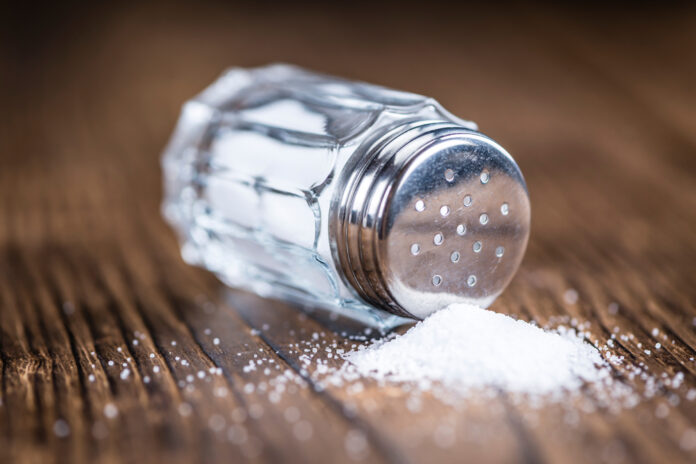
Salt can be highly addictive, the craving hitting us when we least expect it as we reach for our favorite salty snack. If asked, do you know how much salt you eat in a day?
According to the American Heart Association, it’s probably too much. The typical American consumes an average daily dose of close to 3,400 mg. This is much higher than the recommended daily dose of between 1,500 and 2,400 milligrams (mg) of salt per day.
Instead of just being a need for a mid-afternoon snack, a salt craving may be a sign of a medical problem. Continue reading to find out what your body might be telling you when it craves salt and how you might eat less of it.
Dehydration
To function effectively, your body must maintain a particular quantity of fluids. You could develop a need for salt if those levels drop below what’s healthy. This is your body’s way of urging you to consume more food or liquids.
In addition to the desire for salt, other indicators of dehydration include:
- Clammy, frigid skin
- Dizziness
- Extreme thirst
- Headache
- Mood swings and agitation
- Quick heartbeat
- Muscular cramps or spasms
Stress and Salt
Cortisol is released by the adrenal glands. This hormone assists in controlling blood pressure and the way your body reacts to stress. According to research, those with higher salt levels during stressful times release less cortisol. Your body may be attempting to deal with exceptional stress by making you crave salt.
Your Health and Salt Cravings
Bartter syndrome patients are unable to reabsorb sodium. Any salt they consume is excreted in their urine. They are, therefore, chronically sodium deficient. The signs of this group of renal illnesses start to show up right away at birth. They may consist of:
- Minimal weight gain
- Reduced blood pressure
- Muscular tremors or cramps
- Having frequent urination needs
- Constipation
Addison’s Disease is another linked disorder that might cause you to crave salt. The hormones that are necessary for your survival are produced by your adrenal glands. Addison’s disease can reduce the number of hormones your adrenal glands produce. Along with the symptoms below, those who have this illness also crave salt:
- Extreme exhaustion or energy deficit
- Clammy skin
- Reduced blood pressure
- Reduced appetite
- Unaccounted-for weight loss
- Persistent or long-lasting diarrhea
- Dark skin patches, particularly on the face
- Interior of the cheeks with mouth sores
Summary
At some point, you will most likely find yourself craving salt, but if it happens on a consistent basis with other health factors in play, you might want to talk to your physician to assess if anything else is going on.



















